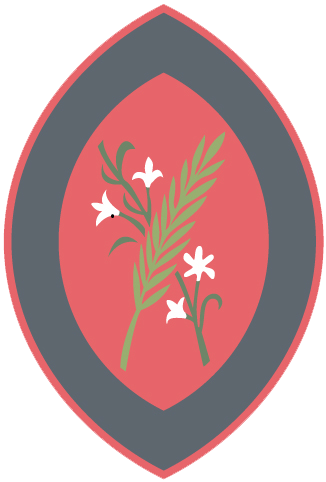Pupil Premium
In planning effective expenditure of PPG funding, St Agatha’s takes a holistic approach to the needs of the individual child. Whilst making provision for personalised learning in key skills we also use funding to meet pastoral needs; to develop a love of learning and enable the children to fully participate in, and enjoy, all aspects of school life. Our moral purpose is to make sure that all children have equal opportunities to flourish and fulfil their potential regardless of personal circumstances.
The aim of the funding is to improve outcomes and raise attainment of disadvantaged children, closing the gap between them and their peers.
Eligible schools for Pupil Premium funding
The following types of school are allocated PPG funding based on the number of eligible pupils who attend.
Local-authority-maintained schools
This includes:
- mainstream infant, primary, middle, junior, secondary, and all-through schools serving pupils in reception to year group 11
- schools for children with special educational needs or disabilities and general hospital schools
- Academies, free schools, and non-maintained special schools
This includes:
- mainstream academies serving pupils in reception to year group 11
- academies for children with special educational needs or disabilities
- alternative provision (AP) academies, for children who do not go to a mainstream school
- non-maintained special schools
Pupil Eligibility
‘Ever 6’ free school meals children
For mainstream and special schools, the pupil premium for 2024 to 2025 will include pupils recorded in the October 2023 school census who have had a recorded period of FSM eligibility since January 2018, as well as those first recorded as eligible in October 2023.
For the purposes of this note, these pupils are collectively referred to as ‘FSM Ever 6’.
Free School Meals
Children of families with no recourse to public funds (NRPF) who are eligible for free school meals for 2024 to 2025, pupil premium funding will be allocated in respect of children of families with NRPF who are eligible for free school meals, and for whom successful claims have been submitted to the ESFA. Details on the claims criteria for these pupils is being published separately.
For the purposes of this note, these pupils are collectively referred to as ‘NRPF pupils’.
Looked-after Children (LAC)
Looked-after children (LAC) are defined in the Children Act 1989 as one who is in the care of, or provided with accommodation by, an English local authority.
Previously Looked-after Children (PLAC)
For mainstream and special schools, the pupil premium for 2024 to 2025 will include children recorded in the October 2023 school census who were looked after by an English or Welsh local authority immediately before being adopted, or who left local authority care on a special guardianship order or child arrangements order (previously known as a residence order).
Service Children
A school’s PPG will include an allocation of Service Pupil Premium (SPP) based on the number of pupils for whom any of the following apply:
- one of their parents is serving in the regular armed forces (including pupils with a parent who is on full commitment as part of the full time reserve service)
- one of their parents died whilst serving in the armed forces and the pupil receives a pension under the Armed Forces Compensation Scheme or the War Pensions Scheme
- they have been registered as a ‘service child’ on a school census since 2018
